A bikepacking Odyssey across Europe
==Travelling free
We started travelling more or less full-time in 2021, but after some time, we felt limited in how we were moving, always dragging along a lot of luggage and spending too much time in one place. It wasn't the way we wanted to travel. We started to think of what would give us more freedom, allowing us to discover different areas and understand different ways of living.
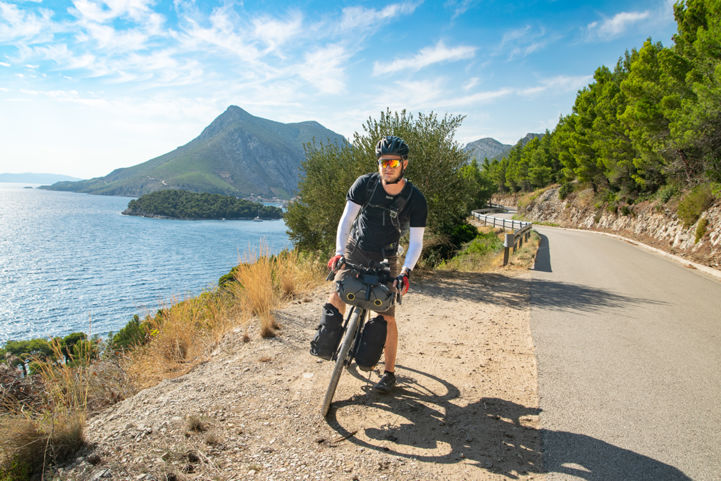
And then we thought, hey, a bicycle allows us to go anywhere, at any time. We always loved cycling and the freedom it gives.
You do not have to depend on any bus, train, or plane schedule.
You can travel as far or as close as you want.
You can visit anything that you wish to between two destinations.
So we started to do some research about bikepacking and discovered a whole community. From that moment on, it was just putting the puzzle pieces together. What bike, what to take with us and, most importantly, WHERE?
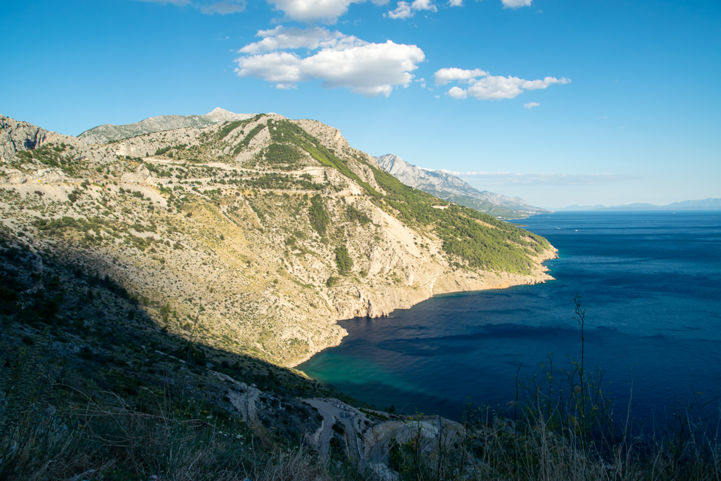
==Deciding where to go
We had so many ideas and places that we wanted to visit. At the same time, we were thinking about another project - climbing all the highest peaks in every European country.
It became clear that the Balkans were the way to go. The more we thought about it, the more we realised this was the perfect place to cycle! Mountains and sea!
When we looked at the EuroVelo network, we saw that EuroVelo 8 - Mediterranean Route would take us through all the places we wanted. Initially, we were a bit sceptical; we thought there would be too many people on the route, but our fears were unfounded. We met a few other bikepackers, most travelling to Istanbul. We cherished all the moments of meeting other people sharing the same journey and passion for travelling slowly, on two wheels.
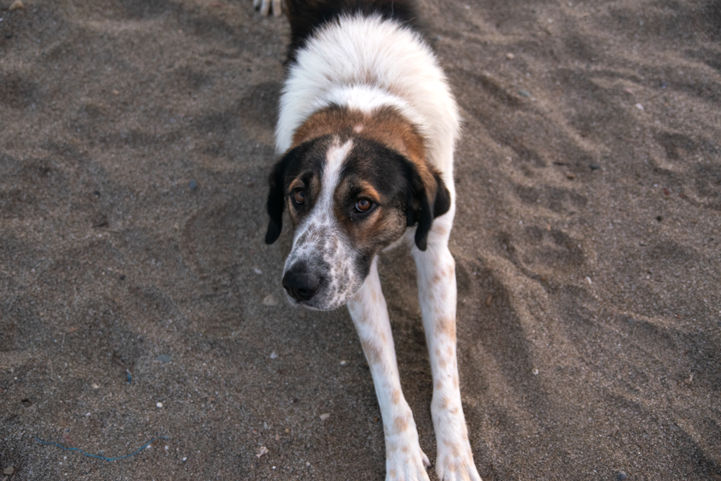
To reach EuroVelo 8, we started our journey by following EuroVelo 6 - Atlantic - Black Sea along the Danube. On our way to Slovenia, we found ourselves accidentally on EuroVelo 14 - Waters of Central Europe. After some days of cycling on broken, busy roads in Hungary (not part of the EuroVelo network), that was a lovely surprise.
Reaching the end of EuroVelo 8 in Athens put us at another crossroads: to continue along the Greek coast or hop on some ferries to Türkiye. We did not want to get stuck waiting for ferry connections, so we decided on the first option. We started to follow EuroVelo 11 - East Europe Route until Thessaloniki, only a hundred kilometres from Alexandroupoli, the last town before crossing the border between Greece and Türkiye.
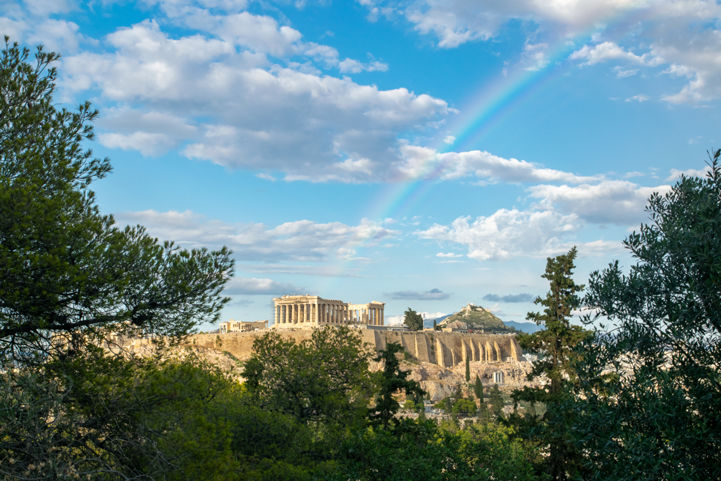
We planned to continue until Istanbul, visiting where Europe meets Asia and finding a way back home. While cycling along the Greek coast, we realised that we were running out of time and going to Istanbul was becoming less and less possible. With a heavy heart, we decided to stop there and find our way back to Vienna. Ultimately, the experience matters, not the end goal.
With that in mind, we looked at the EuroVelo map and found ANOTHER route to follow: EuroVelo 13 - Iron Curtain Trail. Although the perfect route home, the number of kilometres and elevation would've made it too difficult for us to go back in time. The only solution left was to cross Bulgaria by train until Ruse and follow EuroVelo 6 - Atlantic - Black Sea once more. Still lots of kilometres, but the elevation is almost non-existent. And it's somehow poetic, completing the circle on the same route we left on.
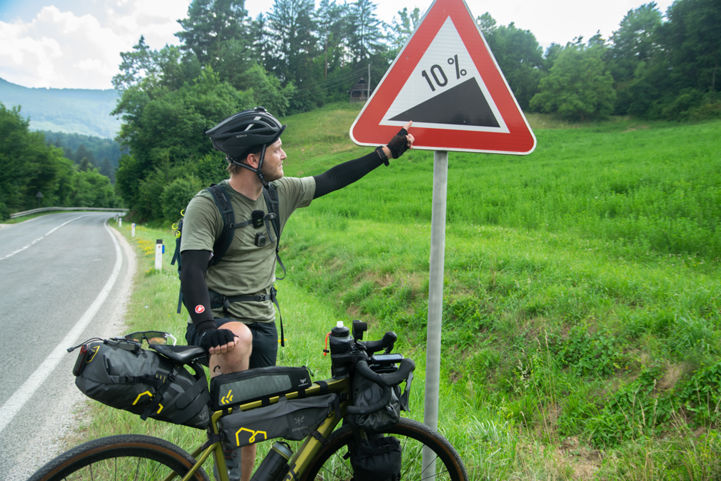
To sum it up, this is how we planned our journey, by using the extensive EuroVelo routes and combining them into something tailored to us. Each of them had its way of showing the beauty of Europe and posed different challenges, but overall it was a fantastic way of discovering the southeast of Europe. 11 countries in 150 days.
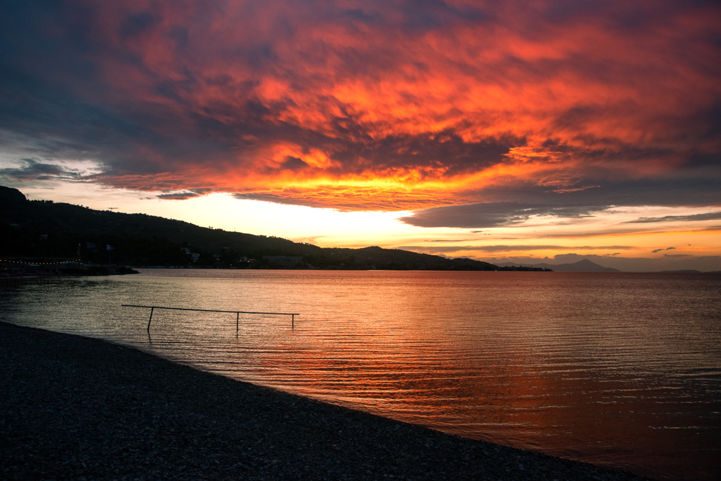
==Enjoying the cycling infrastructure on EuroVelo 6
EuroVelo 6 is developed with perfect bike lanes, information, and opportunities to camp. For us, it is a big fad (at least the part between Vienna and Budapest). It is mostly flat, and you don't always see the Danube, but on the way back, the Danube's Iron Gates in Serbia are spectacular! We were fortunate to cycle there in autumn. The colours were extraordinary, with a clear blue sky to enhance all the trees' yellows, oranges and reds. However, there are no bike lanes on that part, and you're sharing the road with cars and not the most friendly drivers.
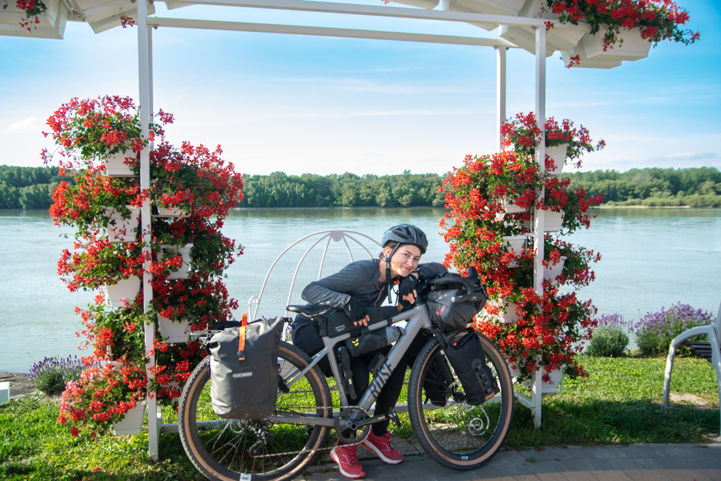
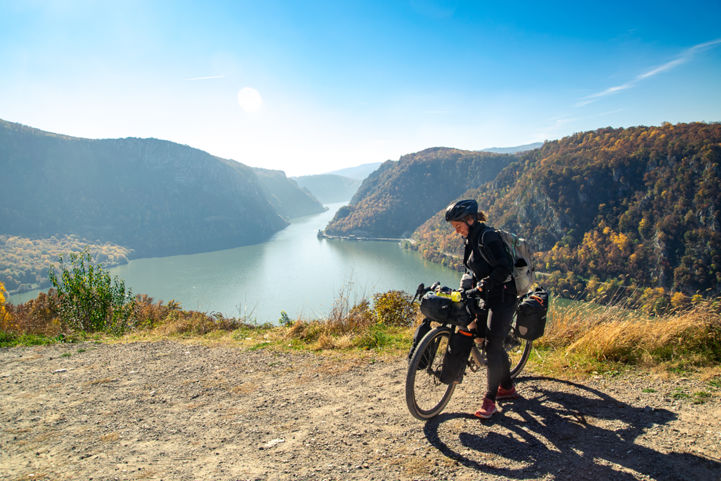
==Scary traffic and encouraging people along EuroVelo 8
We saw a few EuroVelo signs in Croatia, but the Croatian National Tourist Board developed a website offering a lot of information. We really used it A LOT! There's a multitude of campgrounds everywhere, almost too many! Croatia was fantastic, except for some scares in the traffic, but far better than what we experienced at the end of our European journey in Romania and Serbia. Needless to say that it was HOT! We didn't mind it much since we could always find a place to refill our bottles, except for one portion in the Velebit mountains, where there were many kilometres of nothingness. During one of these days, we regained some lost trust in humanity. After a very long day with lots of elevation, our 4 litres of water were gone. We were exhausted and super demotivated, pushing our bikes up a hill when a car stopped, asking us if we needed help. They gave us a bottle of warm, half-decarbonated sparkling water, but, at that moment, it was the best water we had ever tasted! We were so grateful, and it gave us the necessary push to continue the last kilometres. Luckily most of it was a descent through a forest to a small village tucked away between mountain peaks. Really beautiful!
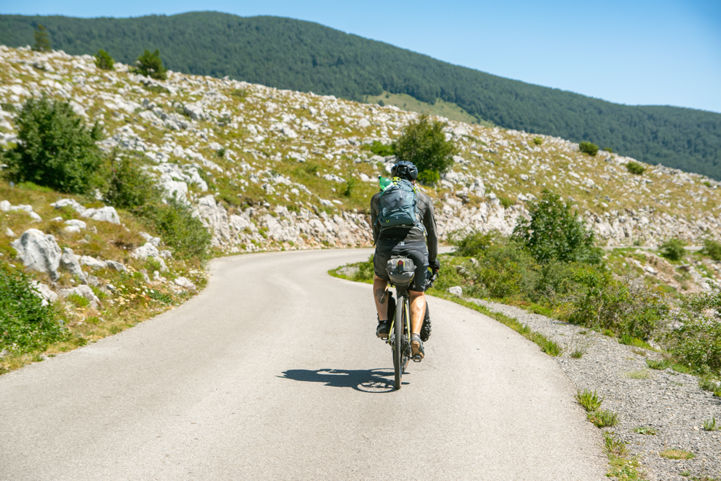
Despite having less infrastructure, we really loved cycling in Montenegro and Albania. Montenegro was short but impressive, with the serpentines of Kotor the most challenging thing to cycle with a lot of elevation and a narrow road; we witnessed many "almost" accidents. Nevertheless, the views were so rewarding, and each switchback was numbered. There are 25 in total, and seeing the number increase motivated us to keep pushing to the top.
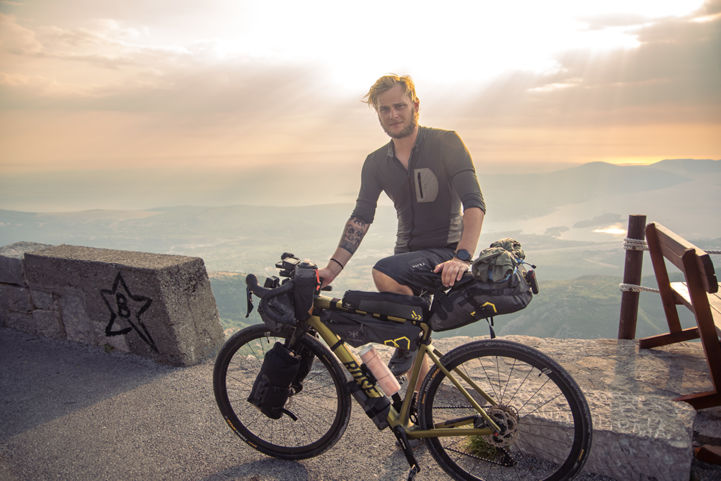
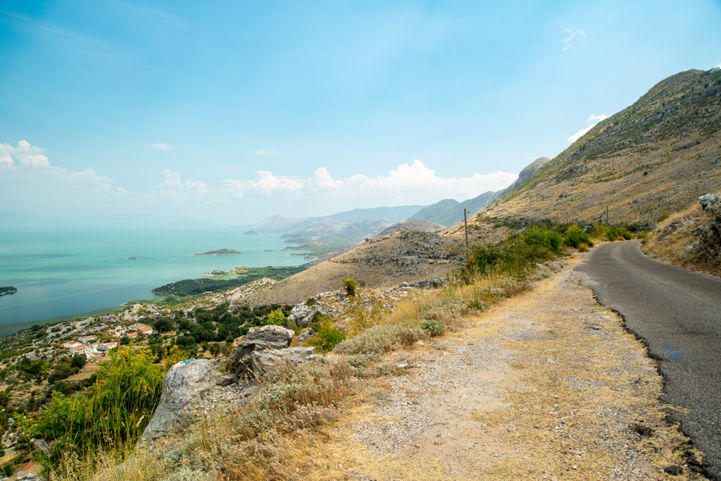
In Albania, people were so supportive and happy to see cyclists visiting their country: they were even honking in encouragement! One local told us that drivers expect lots of crazy people or things happening on the road and thus are paying attention to everything. Not only because they don't want to injure others, but they don't want to ruin their cars either! Albania was also full of contrasts. The northern part of the country is totally different from the south. When we entered, we were shocked by the trash problem very present in the north, and once we arrived in the south, we couldn't believe it was the same country! There's still a lot we have yet to see in Albania, and we cannot wait to return someday.
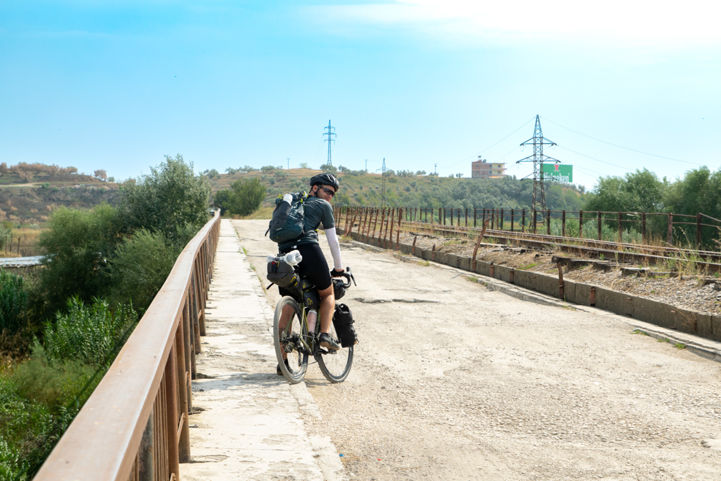
Even without proper cycling infrastructure, having a route to consult helped us find our own and pushed us to explore countries with so many beautiful sights and treasures.
==Dolce vita in Greece
In Greece, the situation was similar, with no cycling lanes and no EuroVelo signs, and that's the country where we became slightly lazy. Everything is so calm and peaceful, and seeing the Greek people just relaxing and walking around with their freddo cappuccino, put us in a vacation mood. We definitely enjoyed too much tzatziki and freddo, and it's one of the reasons we delayed our trip a bit.
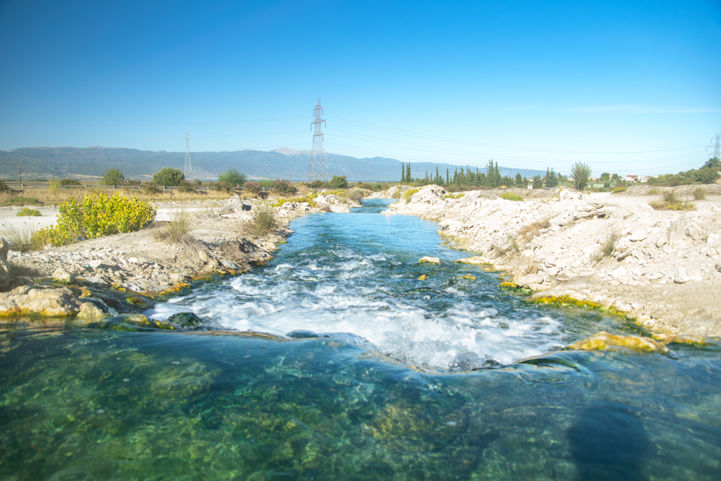
It was worth it, though. We regret not making it to Istanbul, but we are happy we got the chance to cycle along the entire Greek coast. We saw so many monuments and pieces of history every few kilometres. Our favourite city, besides Athens of course, was Patras.
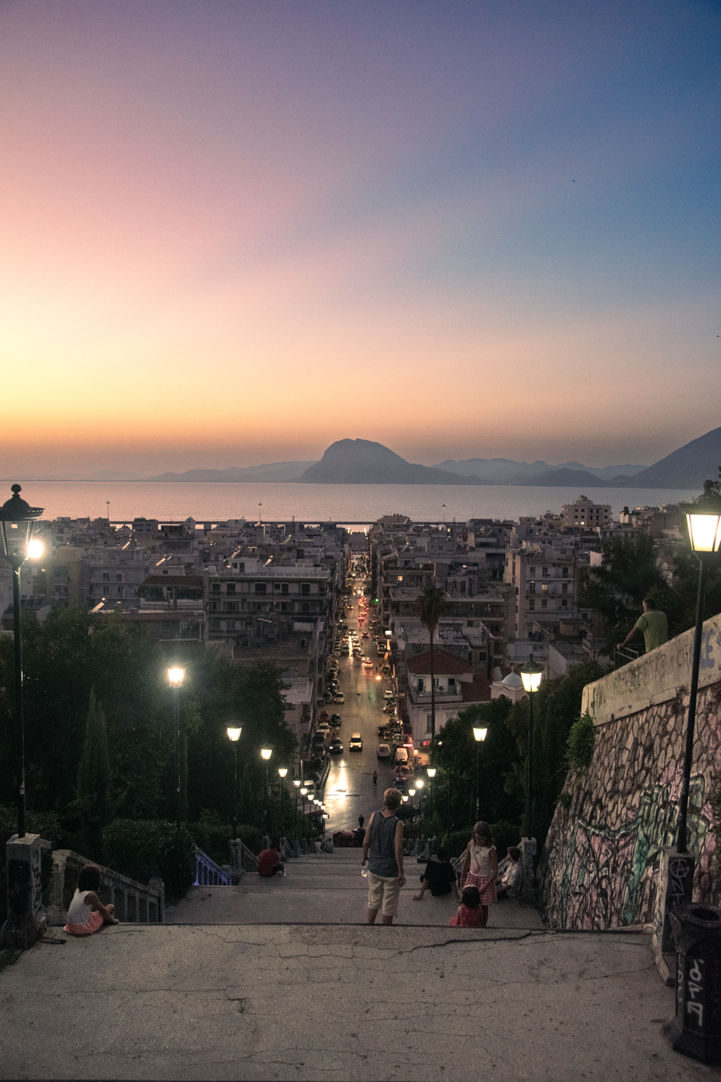
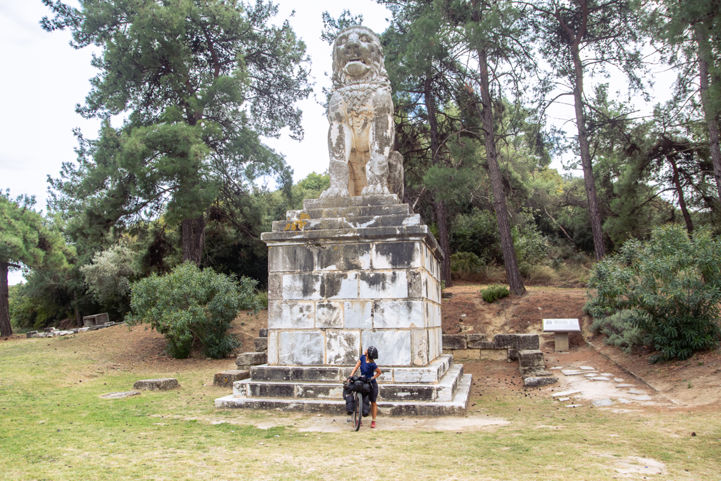
The dogs were the most challenging thing in Greece since there were wild ones everywhere, especially in the fields of olive trees. Along the way, we got used to it and became (almost) experts at handling them.
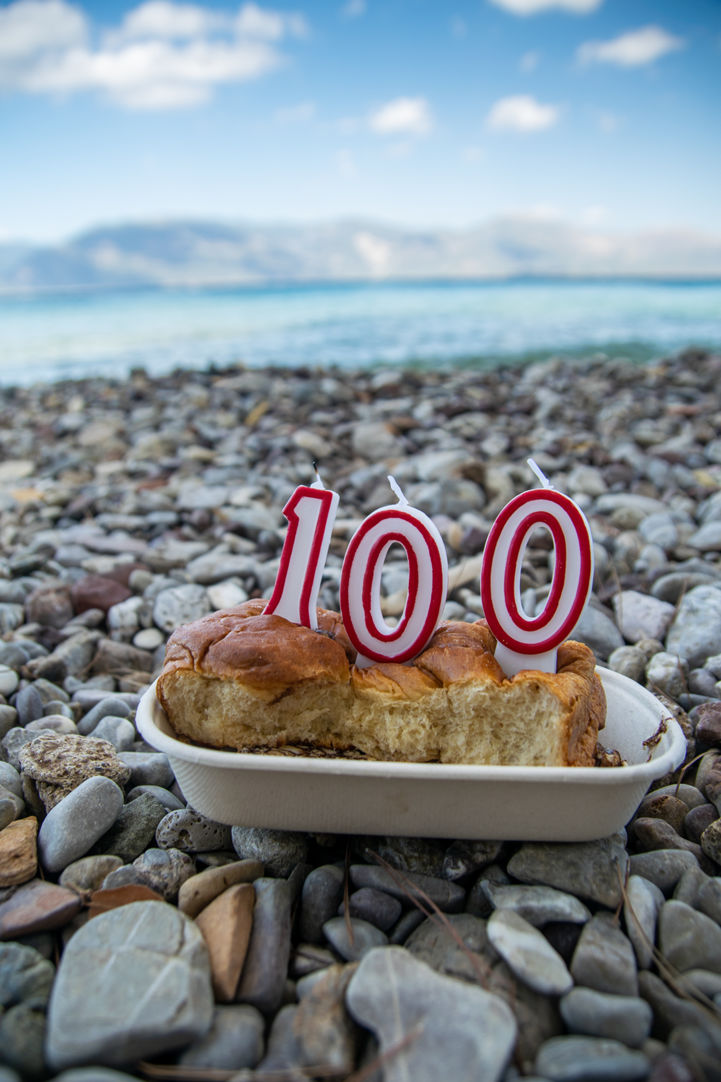
==Some takeaways from our trip
Travelling like this allows you to understand who the people of a country are and their struggles. We learned to think of past stereotypes and that people are generally better than we think. We never felt threatened in any country; everywhere, we met warm, kind people willing to help and encourage you to keep pushing that pedal further.
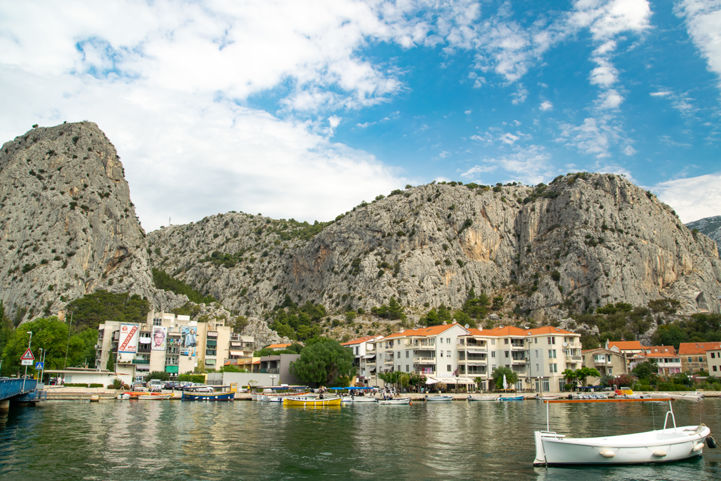
The bicycle only matters a little, but investing in lightweight, good camping gear is essential. We saw so many people with very heavy bicycles! Last but not least, switch to tubeless or thicker tyres. We suffered so many flat tires in Greece, especially as autumn was approaching. Whenever there was a gravel passage, we would find 5 or 6 thorns from different plants in my tires with no chance of fixing the tubes.
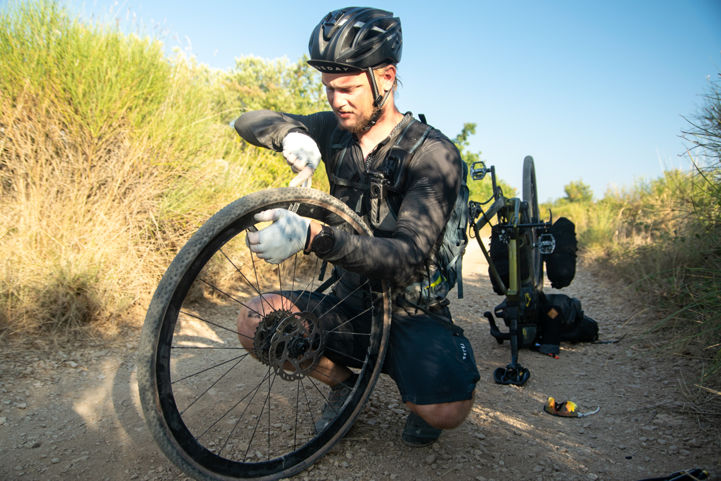
We are happy to help anyone considering a similar trip and answer any questions. You can contact us via email at [email protected] or write to us on Instagram. PS: we documented the entire journey on our YouTube channel. Here's the series!
Authors and picture credits: Corina Aionitoaie and Georg Sattler